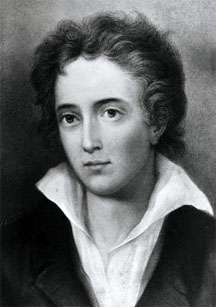Ozymandias
I met a traveller from an antique land
Who said “Two vast and trunkless legs of stone
Stand in the desert. Near them on the sand,
Half sunk, a shattered visage lies, whose frown
And wrinkled lip and sneer of gold command
Tell that its sculptor well those passions read
Which yet survive, stamped on these lifeless things,
The hand that mocked them and the heart that fed.
And on the pedestal these words appear:
‘My name is Ozymandias, King of Kings:
Look on my works, ye mighty, and despair!’
Nothing besides remains. Round the decay
Of that colossal wreck, boundless and bare,
The lone and level sands stretch far away”.
Percy Bysshe Shelley
There is that tendency to reflect on time and change, ends and beginnings, the past and the horizons stretching endlessly ahead that one looks into whenever one confronts that Janus-faced month of January. Some of these topics arise from a very famous poem that says much about the past but paints a rather chastening picture when looking into futurity. It mocks the idea of immortality, or, at least, is somewhat discouraging.
Percy Bysshe Shelley (1792-1822) was one of the major English Romantic poets, a very fine technician, but in social politics, very controversial in his day because he was an atheist and something of a political troublemaker. He was actually expelled from Oxford for his unrepentant atheism. Despite those attractive

